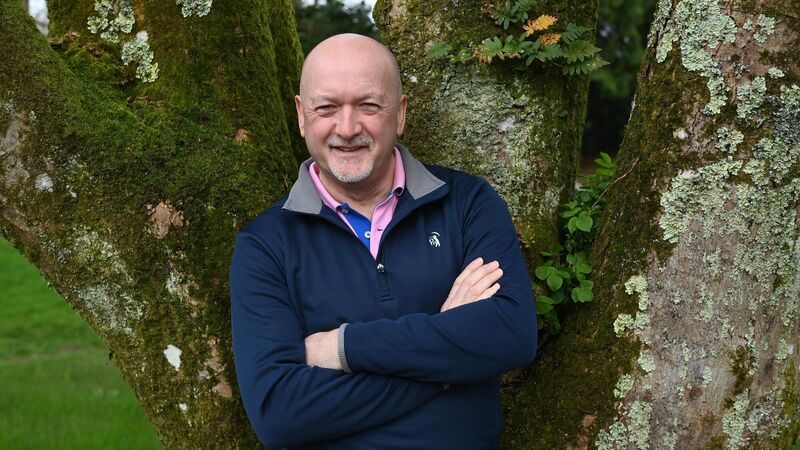I never smoked and often went to the gym — and I needed a triple heart bypass at 55

John Twohig who underwent cardiac surgery in 2020 and had experienced no symptoms to indicate he had a problem. He described himself as being very fit at the time. Pic: Larry Cummins











